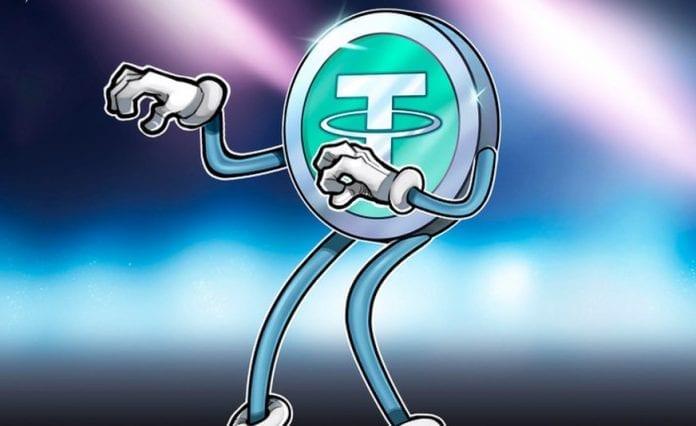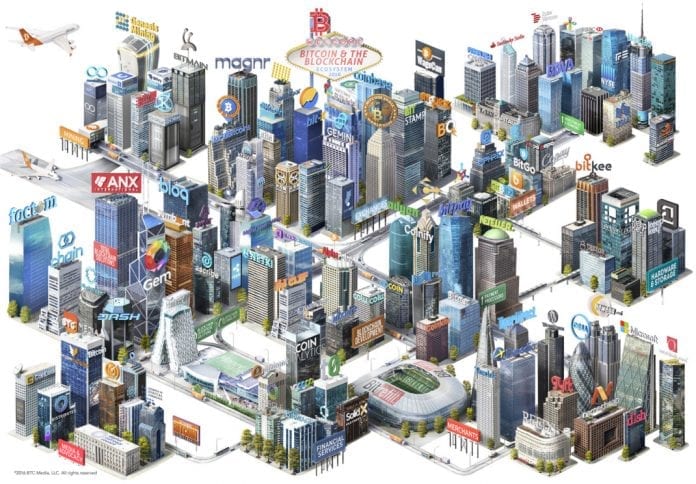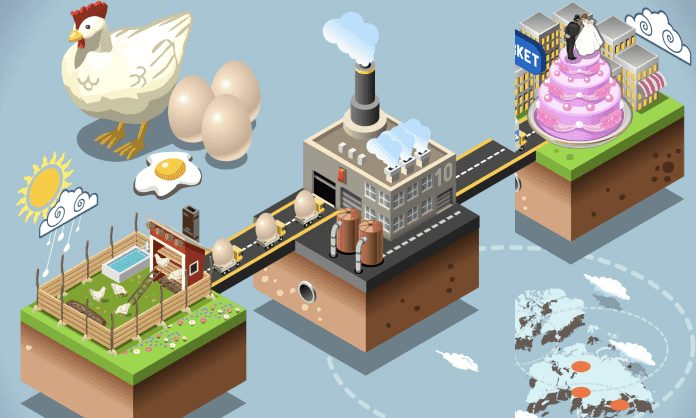Blockchain is a new disruptive tech that provides real-life solutions for people and businesses. There are many blockchain ecosystems, but they all use the same basic principles. There is a ledger that records immutable transactions. Most blockchain networks use decentralized ledgers, and others use centralized logs—it is entirely down to the designer.
In this guide, we will look at the 4 solutions created by blockchain firms:
Cryptocurrencies

When people hear the word blockchain, they usually think of Bitcoin or cryptos. However, the success of blockchain tech does not hinge on how well cryptos perform. Cryptos are just one solution born out of the blockchain tech concept. Cryptos can solve a variety of financial problems personal to different individuals or markets:
- Anonymous payments
- Fast cross-border transactions
- A system for those without a bank account
- A stable currency where domestic fiats are weak
- Cheaper and often unnoticeable transaction charges
- Prevents currency forgery
- Cuts out the middleman such as the bank
Some issues that cryptos solve appeal to different people depending on their situation. For example, someone living in a country where the local currency is continuously fluctuating may offset the currency fluctuation with gold. However, now they have the option of buying crypto-like USDT, which pegs onto the US$, so it rarely fluctuates. Therefore, buying cryptos can provide a more stable way for people to keep their money. Another widespread use of cryptos is in the business world. Sending large amounts of cash over the internet via a bank can still incur hefty fees. However, converting that cash into XRP or BTC, then sending it to an XRP or BTC wallet, can save hundreds of dollars in bank fees.

Provably Fair Algorithms
A provably fair algorithm produces random results for games such as video slots or blackjack played online. With the rise of cryptocurrencies, online casinos took note and began offering BTC, BCH, LTC, XRP, and other crypto games to their members. If you want to see an example of these crypto casinos, click here. However, rather than use traditional Random Number Generators (RNGs), crypto gambling uses the provably fair algorithm. Every time a player makes a bet on a casino game, that bet creates an immutable record on the blockchain ecosystem of the crypto used. At first, this is an encrypted transaction recorded on a public ledger. Once the player receives the outcome, the ledger decrypts the record. The results never reveal the user’s information. The only info recorded is the transaction itself, so this is effectively a transparent but anonymous immutable transaction! As blockchain ecosystems use ‘public’ ledgers, anyone can access the details of the bet. This creates trust within the cryptocurrency casino industry because players can use software to check that their bet’s outcome was correct. Those with a passion for statistics can check every bet made on a particular game. For instance, someone may want to check a blackjack table’s results since the casino launched it on its website. Every bet made on that blackjack game is available on a public ledger. With the right software, an analyst can produce a report that shows the exact payout percentage of that blackjack game. If the house edge is 99.5%, but the blackjack table shows 85%, then the casino may cheat its players, and as such, the casino’s reputation could be in jeopardy. Most casinos know this and would never cheat their players or risk doing so, and if a casino did, then thanks to the provably fair algorithm, it would not take long for someone to discover these unscrupulous operators.
- Produces random results for casino games
- Records an immutable record of every bet
- Players can check if the outcome was fair
- Analysts can confirm casino games are fair

Food Trust
An impressive blockchain solution is one that tracks food from its origin to the shelves of supermarkets. This is a blockchain ecosystem known as Food Trust, and it is the brainchild of IBM. This is a firm that excels in creating IT solutions, and as soon as IBM gurus had the chance to delve into blockchain tech, it came out with a solution that could help everyone in the food supply chain. The routes that something like coffee take is amazing:

- From the farm to storage
- Storage to a market or depot
- Depot onto a truck to a port or distribution center
- Packing company to the supermarket shelves
Food Trust is a system that requires stamps and checks through this supply chain process. Once it reaches the supermarket shelves, shoppers can 100% be sure of the food’s origins. The system also helps companies like Starbucks ensure they buy directly from the farmers and not a mafia organization. On top of this, the system comes with price guarantees, so farmers fetch a fair price for their produce. IBM’s solution is operational in significant supermarket firms and brands worldwide, and it is proving to revolutionize the reputation, safety, and quality of certain products. Read more here.
Is Blockchain Tech Trustworthy?

Blockchain’s lousy boy rep is not fair. It stems from the many corrupt ICOs and illegitimate cryptocurrencies from just a few years ago. With new regulations in place and many of these evil entities exposed, cryptos are back on track. However, because the cryptocurrency market is so often associated with blockchain tech, people often forget that virtual currencies are just one of many solution-based uses for this brand-new disruptive technology. Yes, some Ponzi schemes whereby ICOs used cryptos to scam people out of their money, and we hear about hackers stealing thousands and sometimes millions in crypto. Still, these instances are from the tech’s fintech side and should not blemish the entirety of blockchain technology, which has many other solutions other than financial ones. Take out the financial side of blockchain tech, if that’s your issue, and blockchain tech offers a new era of computer-generated solutions that are incorruptible ecosystems by nature. ‘Food Trust’ is an outstanding example, and the ‘Provably Fair Algorithm’ is another positive that shows how anonymity and transparency can work together. For further reading, look at this article explaining the most common blockchain and cryptocurrency myths debunked.









